

Follow Your Favorite Band Today!
Top Kansas Community Posts
Albums
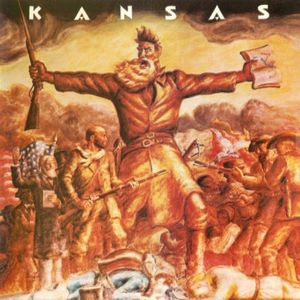
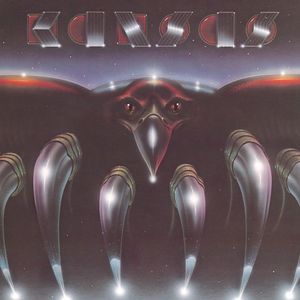
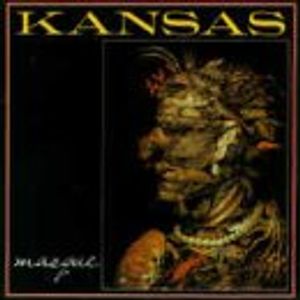

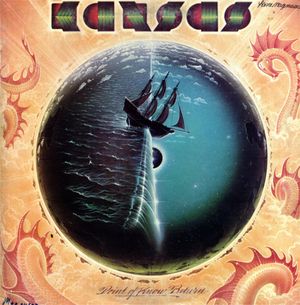
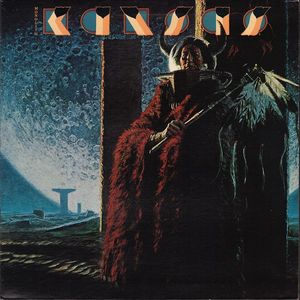
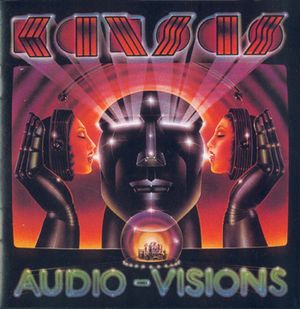
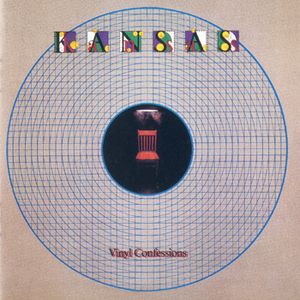
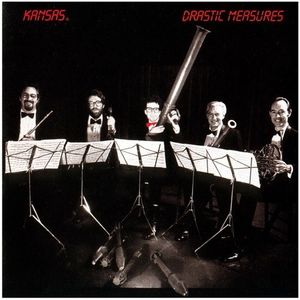
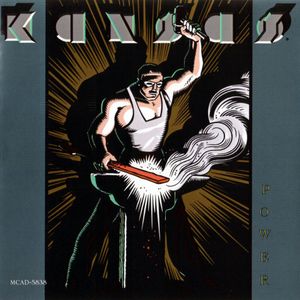
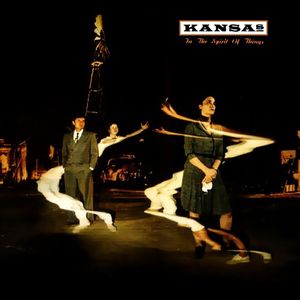
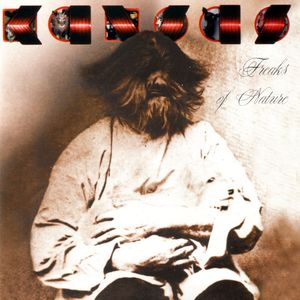

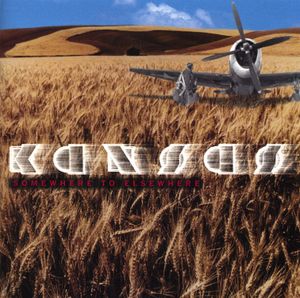


Story of Kansas
Kansas: A Rock Band's Journey from Topeka to the Top
Kansas, the American rock band hailing from Topeka, Kansas, exploded onto the music scene in 1973. Their rise to fame was a testament to their powerful blend of progressive rock, hard rock, and classic rock sensibilities. While initially garnering attention on album-oriented rock charts, their iconic singles, "Carry On Wayward Son" and "Dust in the Wind," propelled them to mainstream success.
The band's impact is undeniable. They've amassed an impressive collection of nine gold albums, three multi-platinum albums ("Leftoverture," "Point of Know Return," and "The Best of Kansas"), one platinum studio album ("Monolith"), one platinum live double album ("Two for the Show"), and a million-selling single, "Dust in the Wind."
Kansas's dominance extended beyond record sales. Throughout the 1970s and 1980s, they graced the Billboard charts for over 200 weeks, enthralling sold-out crowds across North America, Europe, and Japan. Their enduring popularity is evidenced by "Carry On Wayward Son," which reigned as the second-most played track on US classic rock radio in 1995 and topped the charts in 1997.
Early Years: 1970-1973
The band's origins can be traced back to 1969, when Don Montre and Kerry Livgren (guitars, keyboards, synthesizers) were performing in a Topeka band called The Reasons Why. After forming Saratoga with Lynn Meredith and Dan Wright, they began incorporating Livgren's original material, with Scott Kessler on bass and Zeke Lowe on drums.
In 1970, the band adopted the name "Kansas" and merged with members of their rival Topeka progressive rock group, White Clover. This union brought together Dave Hope (bass) and Phil Ehart (drums, percussion) with Livgren, vocalists Meredith and Greg Allen, keyboardists Montre and Wright, and saxophonist Larry Baker.
From these humble beginnings, Kansas embarked on a journey that would leave an indelible mark on the world of rock music. Their enduring legacy continues to inspire generations of musicians and fans.
Bands you may like
More Hard Rock Bands
Explore Hard RockDiscover more bands in the Hard Rock genre and explore the diverse sounds that define this musical style.
Browse All Hard Rock BandsMore Bands from United States
Explore United StatesDiscover the rich musical heritage of United States and explore bands that represent the country's unique sound and culture.
Browse All United States Bands